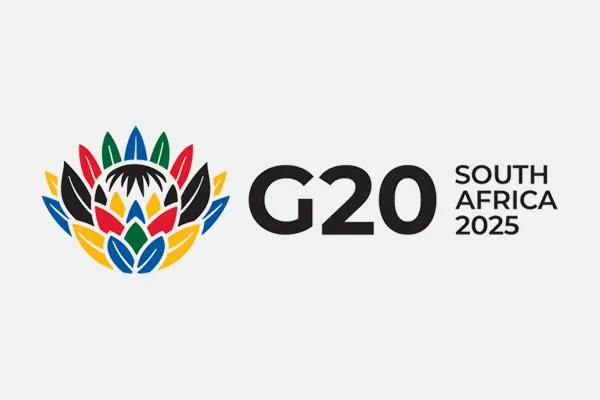Global experts urge increased investment in energy efficiency at G20 Cape Town summit

G20 Summit South Africa 2025 Rachel McCormick of Natural Resources Canada leads an expert panel on financing energy efficiency at the G20 Energy Transitions Working Group meeting in Cape Town.
Image: Supplied
A high-level panel of international experts convened at the G20 Energy Transitions Working Group meeting on Wednesday to address one of the thorniest issues in global climate and energy strategy: how to finance energy efficiency initiatives at scale, especially in developing economies.
Chaired by Rachel McCormick, Director General of International and Intergovernmental Affairs at Natural Resources Canada, the panel brought together energy and finance leaders from the African Development Bank, United Nations Industrial Development Organisation (UNIDO), the Danish Energy Agency, and South Africa’s GreenCape.
Their collective message was clear: while ambition is high, investments remain worryingly low.
“Energy efficiency is not just a cost-saving intervention,” McCormick emphasised.
“It enhances our energy access, security, and also drives innovation across industry, transport, and households.”
Africa's energy efficiency investments currently account for less than 3% of global funding, according to Daniel Schroth from the African Development Bank.
“In Sub-Saharan Africa, average per capita energy use is about what one refrigerator in the US consumes annually,” he said.
“That stark figure tells you everything about the investment gap we need to close.”
Schroth outlined the Bank’s efforts to support countries like Senegal and Kenya with on-bill financing models and super ESCO (Energy Service Company) structures.
These models aim to retrofit public infrastructure and improve energy use while attracting private sector investment through de-risking strategies.
Programme Manager at the UNIDO in Austria, Karin Reiss-Haimbala, stressed the importance of creating demand-driven markets for energy-efficient products.
“If there is a market, investments will scale,” she said.
“We need both supply and consumer confidence to align; low-quality products destroy markets.”
She also warned against simplistic de-risking mechanisms: “Let’s not mistake re-risking for de-risking. It’s not about shifting risk; it’s about addressing the entire ecosystem.”
Denmark’s Louis Algren provided a European lens, showing how energy taxes, voluntary industry agreements, and public-private climate partnerships have successfully helped decouple economic growth from energy use.
“Since 1990, Denmark has reduced energy use by 11% and emissions by 55%, while growing the economy,” he said.
“Decoupling is not a myth, it is policy-driven reality.”
From the South African perspective, Mike Mulcahy, CEO of GreenCape highlighted the gap faced by small and mid-size firms.
“Many of them don’t know if they’ll be here in four years, so a four-year payback model doesn’t work. That’s where bundling energy efficiency with solar and storage becomes critical,” he said.
As the session drew to a close, key themes emerged for reflection in the days ahead: improving consumer confidence, incentivizing markets, deploying blended finance tools, and exploring models like super ESCOs and utility-based on-bill financing.
IOL News
Get your news on the go, click here to join the IOL News WhatsApp channel
Related Topics: